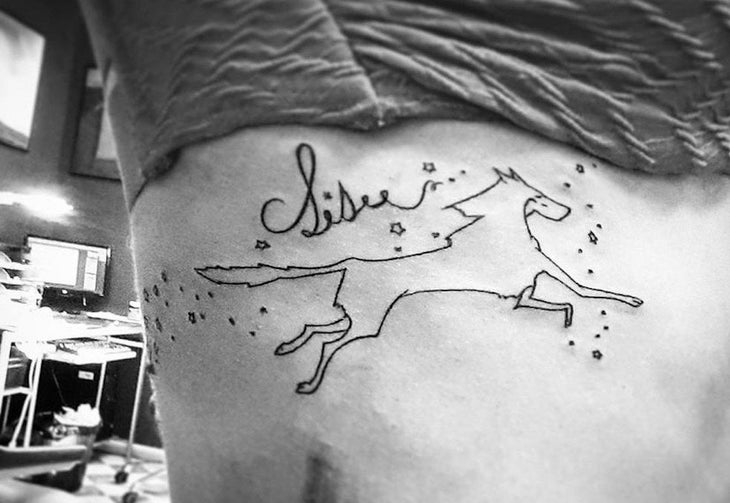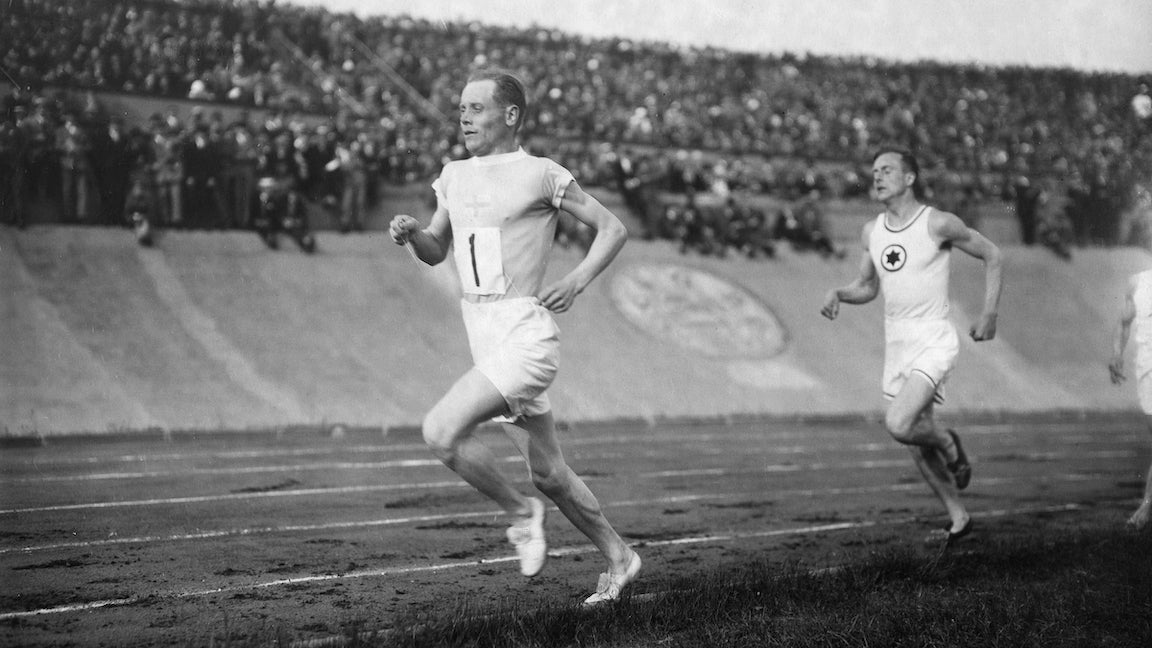Although casually tossed around within running vernacular as a synonym for determination, is a notoriously difficult concept to verbalize, and harder still to translate from Finnish into any other language. Many people liken it to grit, guts, or perseverance, or they simply name athletes who had it: Paavo Nurmi, Lasse Virén, and company. But any attempt to cram the meaning of sisu into a few words or paradigms inevitably comes up short.
After spending two months in Finland right out of college in 2013, I still didn’t leave with a complete understanding of sisu, though I definitely made some headway with the help of several runners and coaches. I also learned that the definition was highly subjective, varying to some degree on the person I asked.
Below, four Finnish runners help me try, once again, to decode this elusive concept. In their words, this is what sisu is all about.
You Make It Happen Regardless of Setbacks.
Minttu Hukka, a decorated runner who spent most of her collegiate career at Boise State University, is on a quest to become the first Finnish triathlete in the Olympics. The Knoxville, Tennessee-based athlete is also the proud owner of a sisu tattoo. “To me, sisu is more than being gritty,” Hukka says. It’s a trait and a long-term approach that’s embedded in the Finnish culture, wrapped up in its history, climate, and “hard-working and honest” people. The question that Hukka says best captures sisu is: When things get tough and the odds are against you, do you shy away and accept the defeat, or do you put your head down and keep pressing forward? The person with sisu keeps fighting.

Hukka’s most intimate experience of sisu comes from the 2013-2014 track season. She’d been injured the fall and winter prior, and just two weeks after she started running, had to get surgery and was sidelined for another month. By the time she started training again in mid-March, she was in the worst shape of her life but still dreaming of qualifying for the IAAF World Junior Championships. “No one expected me to do it,” Hukka says, “but for some reason everything just clicked.” Her 9:56 3,000-meter steeplechase was a 20-second PR, the best time by a European junior that year, and a qualifier for World Championships, where she made it to the finals. Hukka refuses to pin that unlikely comeback on luck. Along with her coach, she says, “I worked so hard and kept my dream alive despite all the odds that were against me.” That’s what you call sisu in action.
You Consistently Exceed Your Limits.
Finnish distance runner Antti-Pekka Niinistö says that runners with sisu “never give up” or “can exceed their limits.” While persistence and willpower are part of the concept, they don’t describe t all of it. Although many of us come to know of sisu through the culture of sports, Niinistö thinks it actually stems from the between Finland and the Soviet Union. The Finns were severely underpowered by comparison — the ultimate underdogs — yet they held off the Soviets for over two months in brutally cold conditions, with temperatures dropping to -45°F. Finland was ultimately defeated, but the spirit of sisu that kept them in it for so long left a legacy that has lasted over 80 years.
Sisu is such a loaded word that Niinistö can’t think of a specific instance that he’s either demonstrated or witnessed. “The lack of sisu has always been my problem” in running, he admits, and he also acknowledges that Finland lacks the world-class, sisu-packed runners it once had. The best example of sisu Niinistö knows of, although he wasn’t around to be a witness himself, was Paavo Nurmi. The “” won nine Olympic gold medals, five of them in a span of four days at the 1924 Paris Games, and never lost a cross-country or 10,000-meter race in his 14-year career.

You Draw on Inner Power in Challenging Situations.
Johanna Sällinen is a middle-distance track runner who competed for Sam Houston State University in Huntsville, Texas before moving back to her native Finland. She describes sisu as a “never give up” attitude and “inner power in difficult situations.” It’s an advantage in every sport, as difficult times and injuries are an inevitable part of the process. (She also makes sure to distinguish sisu the attribute with sisu the .)
Of all the situations in which a person can exhibit sisu, Sällinen says that the last kilometers of long races have a way of teasing it out of athletes who have it in them. Last summer’s Finnish Championships at the (aptly-named) Paavo Nurmi Stadium in Turku offers her most recent memory of sisu. The 10,000 meters is a tough race on any occasion, but the heat that day combined with Sällinen’s asthma to make it a tremendous challenge. She was determined to hang in there and perform well in from of a home crowd, and so she mustered up as much sisu as she could in the final kilometers. “I refused to give up,” Sällinen says, and her perseverance paid off with a 10th place finish — her highest placing at nationals.

The More Important the Race, the Bolder You Are.
Former Finnish champion and current coach Juha Hellsten acknowledges that sisu is difficult to explain, even for a Finn. In addition to all of the positive connotations of the word — perseverance, inner power, will to fight, and such — he explains that “sisu can also turn against you, if you can’t let go when you should.” For example, you may be so dedicated to achieving a goal, so willing to suffer for it, that you sustain an injury and end your season prematurely.
Hellsten’s clearest memory of a sisu-fueled race was the 3,000 meters at the Indoor Finnish Championships in 2002, which he says he “decided to win” and consequently ran away from the field, improving his own record and winning the race. Though hard to define, this is what sisu in action feels like to Hellsten: “The more important the competition is, the bolder I am. I dare to start to run along with those who are in better shape. I know that the closer I get to the finish line, the stronger I am. Then I only think about the short time that is left and the time I need to endure and suffer in order to finish.”
—
About the Author
is a 4-time Olympic Trials participant (in the marathon and 3,000-meter steeplechase) and the author of . A native of Dallas, TX and a graduate of Rice University, she lives, trains, and writes in Boulder, CO with her husband Will and dog Tina.


